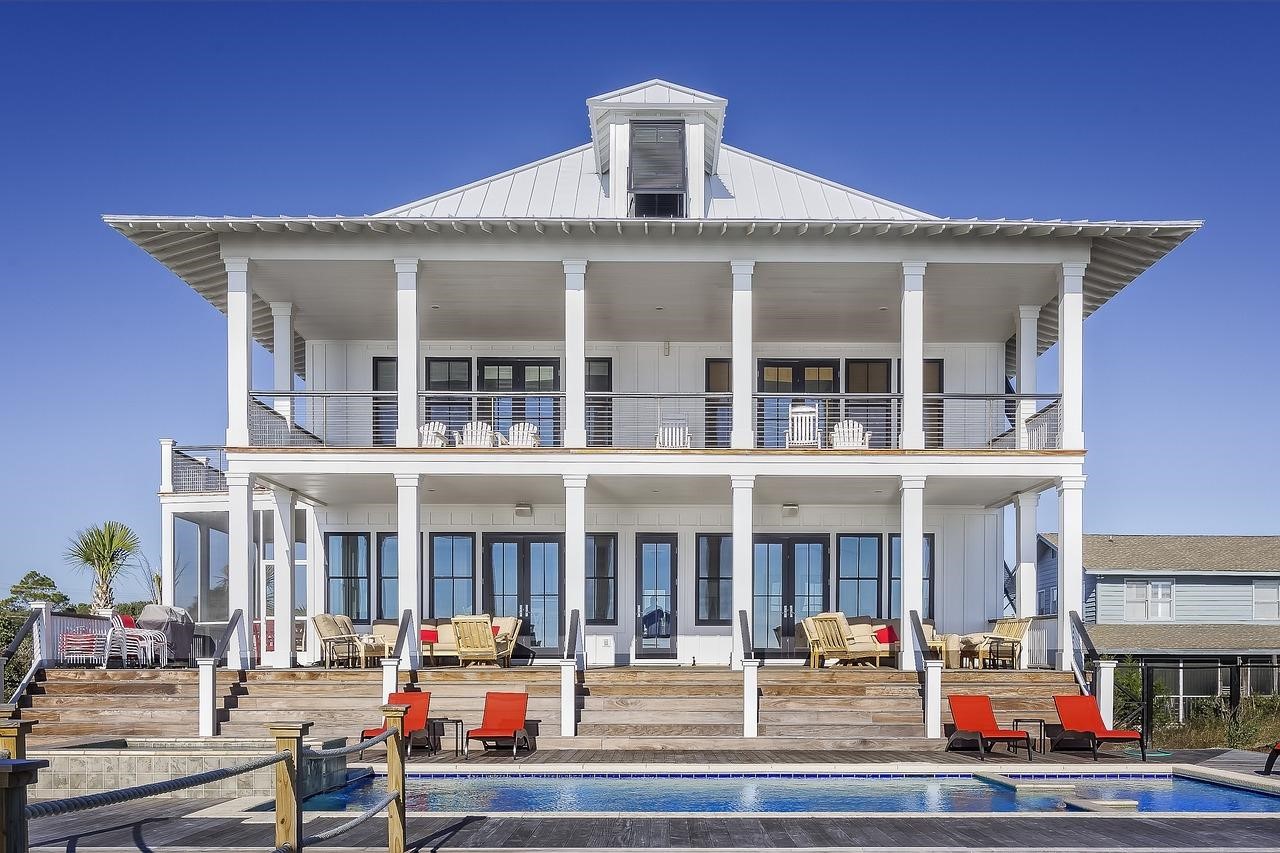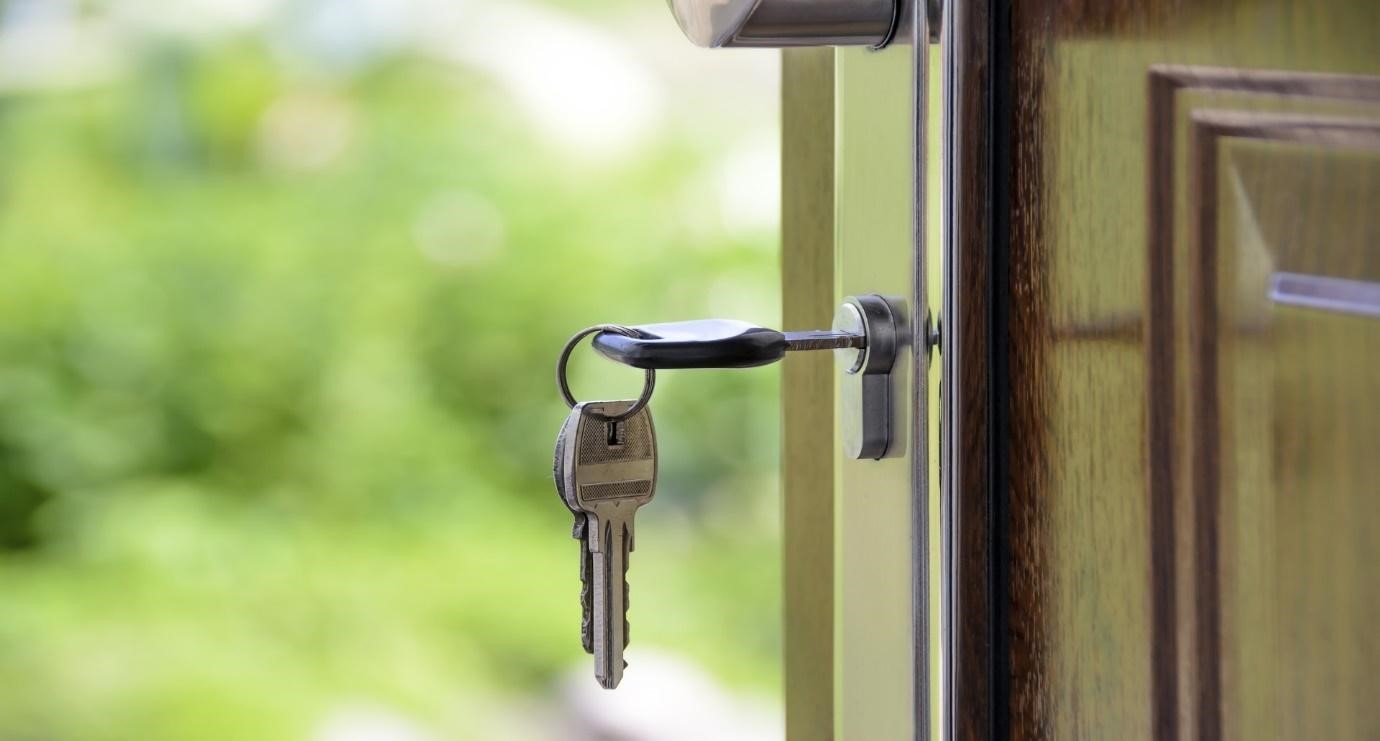The government’s real estate market, severely impacted by the coronavirus outbreak in the previous two years, is now recovering, according to FNB Namibia. According to Frans Uusiku, FNB Marketing Intelligence Manager, “Rental development in Namibia is once more back on is on an upward track, recording lesser decreases over time, as the effect of Covid-19 begins to cool-off, paired with the re-opening with most industries.” “As the drop in rents begins to moderate, the growing rebound in total revenue growth is also seen inside the 1 bedroom and the 3 bedroom sectors.
The resulting 0.4% y/y contraction in capacity additions in these divisions resulted in respective twelve-month median rents of N$3 646 and N$9 689. As a result, Namibia’s twelve-month median lease index increase showed a drop of 0.7% before year’s end.When opposed to a contraction of 2.1% reported a year earlier, Uusiku claimed the contraction in 2021 constituted a considerable improvement. The nationwide weighted mean rent decreased from N$6,747 a year to N$6,728 by the end of 2021.
With the twelve-month average house price reported at N$18 747 in December 2021, the sector of homes with more than three bedrooms has kept the renting growth momentum positive compared to other segments. As long as house price concerns persist, this shows an incredible 9.7% annual rental growth, reaffirming the multi-family market’s expanding significance. The FNB survey identifies Rundu, Rehoboth, and Ongwediva as the municipalities that are achieving the highest in terms of revenue growth. “When I look at the areas, I see certain communities showing signs of life. Tsumeb, Swakopmund, Ondangwa, Okahandja, Walvis Bay, and Windhoek are at the other end of the spectrum.
The high proportion of employees in the banking system, who are more inclined to maintain working a hybrid or entirely distant timetable, may be to blame for the delay, according to the development manager for FNB Namibia. In his market prediction, Uusiku stated that a new wave of COVID-19 cases, higher interest rates, and rent affordability could slow the sector’s revival. “We think the inter-rental industry’s stock growth will play a significant role in the healing process.
The upcoming year will serve as a crucial test for Namibia’s real estate market to determine whether the same drivers that already have fueled the rebound will continue to support it, if current models will arise, or if the whirlwind of activities will finally stabilize, said the expert.



